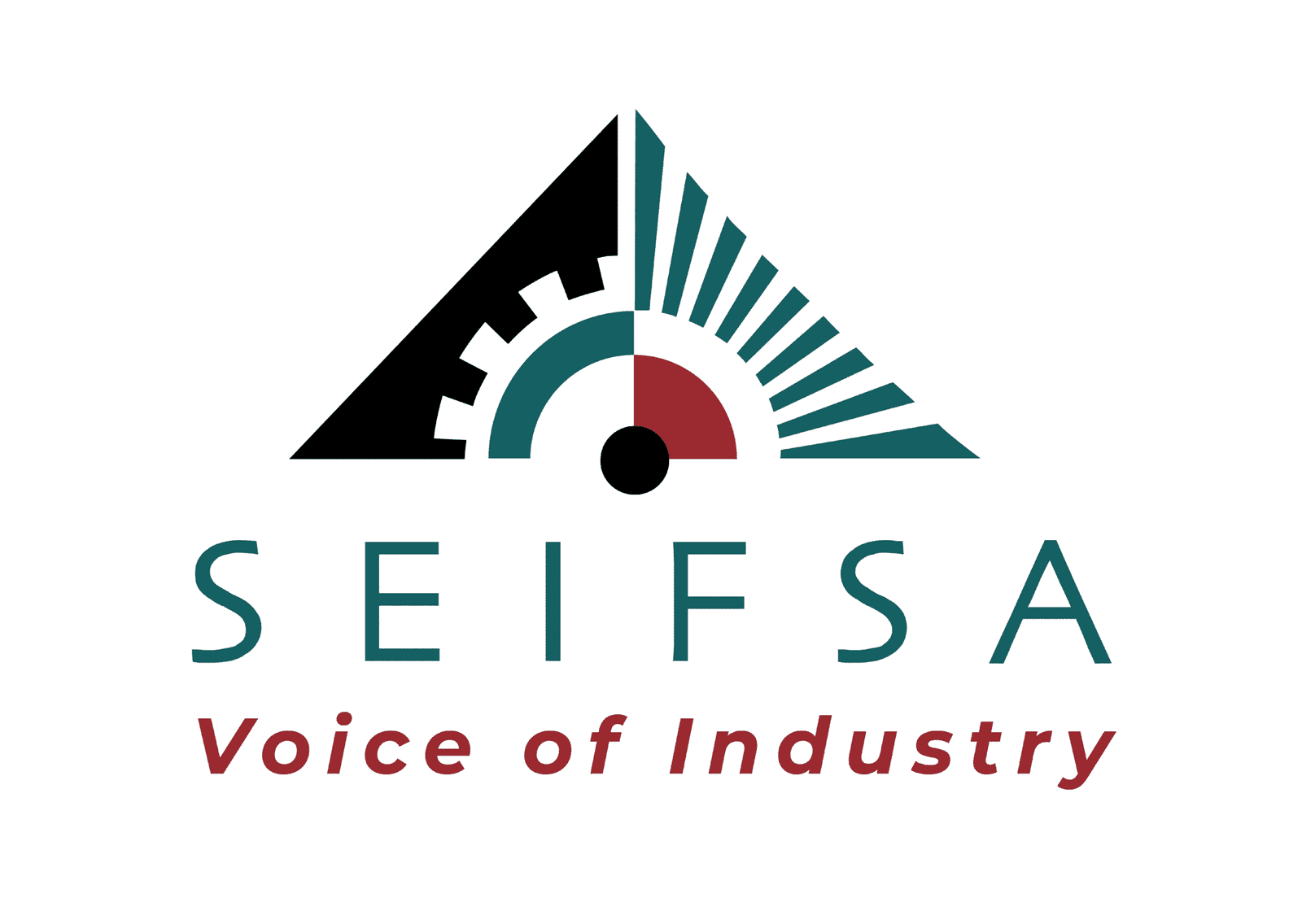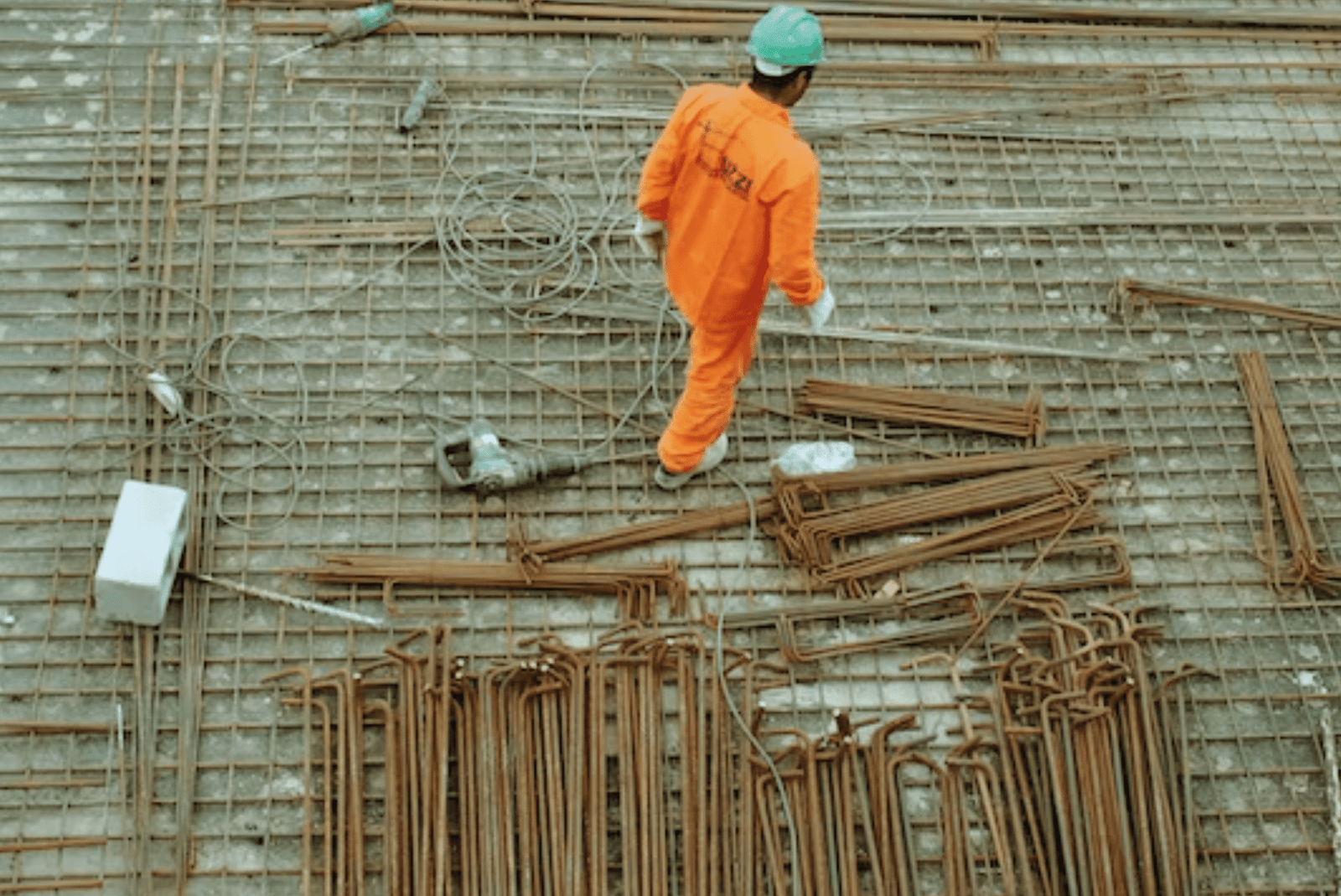Monday, next week marks the commencement of the 2024 Main Agreement wage and conditions of employment negotiations with a dialogue amongst all key stakeholders to explore, examine and unpack various scenarios in anticipation of the forthcoming negotiations.
Whilst wages or the level at which wages are currently pegged in the current 2023/2024 wage tables will undoubtedly feature high on the agenda, what is ultimately at stake is far more important than just wages.
As we see out the current three-year deal concluded in 2021, it’s important that we take stock of what was achieved. A three-year wage deal guaranteeing wage increases on Rands and cents – something this industry has last seen more than 30 years ago – a working exemption procedure, a special phase-in dispensation available to all employers who have been under severe stress to at least commit to paying 60% of the 2020 rates by 30 June 2024 and lastly, gazettal and extension of the agreement to all employers and employees in the sector.
Gazettal was crucial in ensuring that as the sector battled through the most difficult economic circumstances in living memory, brought about by the lingering effects of the global covid-19 pandemic, unrelenting load shedding, crumbling infrastructure and failing logistics, the one thing we could guarantee over the life-span of the agreement was a three-year period of stability, security and industrial peace.
Whilst this may seem as cold comfort to the realities of business men and woman battling to keep their doors open and workers in jobs, matters could have spiraled quickly out of control had SEIFSA, acting in concert with the Trade Unions, the PCA (SA) and CEO thrown in the towel and walked away from the various legal assaults leveled against the Main Agreement.
As matters stand the Main Agreement concluded in 2021 has been dragged before the Labour Court, the Labour Appeal Court and the Constitutional Court and thus far has come out on the winning side at each and every step. One final review application stands to be heard, in all likelihood, either during next years’ negotiations or when the negotiations are done and dusted. Regardless of when the matter is set down, we will be in Court. Legal finality is what we seek once and for all.
The push for gazettal particularly on the part of the unions was a major contributing factor that triggered strike action in 2021 that lasted 21 days and cost the industry in excess of R600 million a day in lost revenue. If truth be told, it had very little to do with the SEIFSA final offer on the table, in fact that was the offer SEIFSA and the trade unions signed off on to end the strike.
In an industry like ours, where bargaining at central level has taken place for almost 80 years, it would be fair to say that the collective bargaining ritual that we have seen play-out time and time again is pretty well entrenched. Is it the best model, is it the sort of model that will see us climb out of the economic abyss we find ourselves; will it create the jobs we so desperately need to make a meaningly dent in our alarming unemployment statistics? Probably not, but it’s the only model we have, that has stood the test of time and delivered time and time again varying degrees of industrial peace, stability and security. This has come at a significant cost, granted, but five industry stoppages over 30+ years, a standstill or wage freeze agreement in 2020 (to counter covid-19), a three-year deal on Rands and cents and up and until gazettal was a regular feature (i.e., 2010) a level playing field where wages and terms and conditions of employment were not something to be used to gain an unfair advantage over one’s competitors.
It\’s often said that voters and the absence of voters at the polling both, get the government they deserve. The same analogy can be applied in industry negotiations, namely when the conversation doesn’t suit a particular constituency there is a tendency to walk away and throw one’s hands in the air and blame SEIFSA. We’ve seen this play out time and time again, and I truly hope we will not see this in 2024.
Negotiations is not always about getting what you want or what you think you deserve. It’s about staying the course, through thick and thin, taking the hits and still being prepared to turn the page and come up with a counter that with a little persuasion may just swing things.
I should know I’ve been doing this going onto 34 years next year. I’ve been extremely fortunate to have great and experienced team of leaders around me who have proven time and again that ingenuity, experience and always looking for common ground is what wins the day, always.
I sincerely hope that as we embark on this journey into 2024, the dialogue session amongst equals on Monday is the start of a new journey that hopefully will not end with the same trite outcomes but instead marks the beginning of something new and fresh.
As our country prepares for General Elections in 2024, let this industry lead the way by concluding a deal that we all deserve. Next year is so much more than just about wages.
Lucio Trentini
Chief Executive Officer

